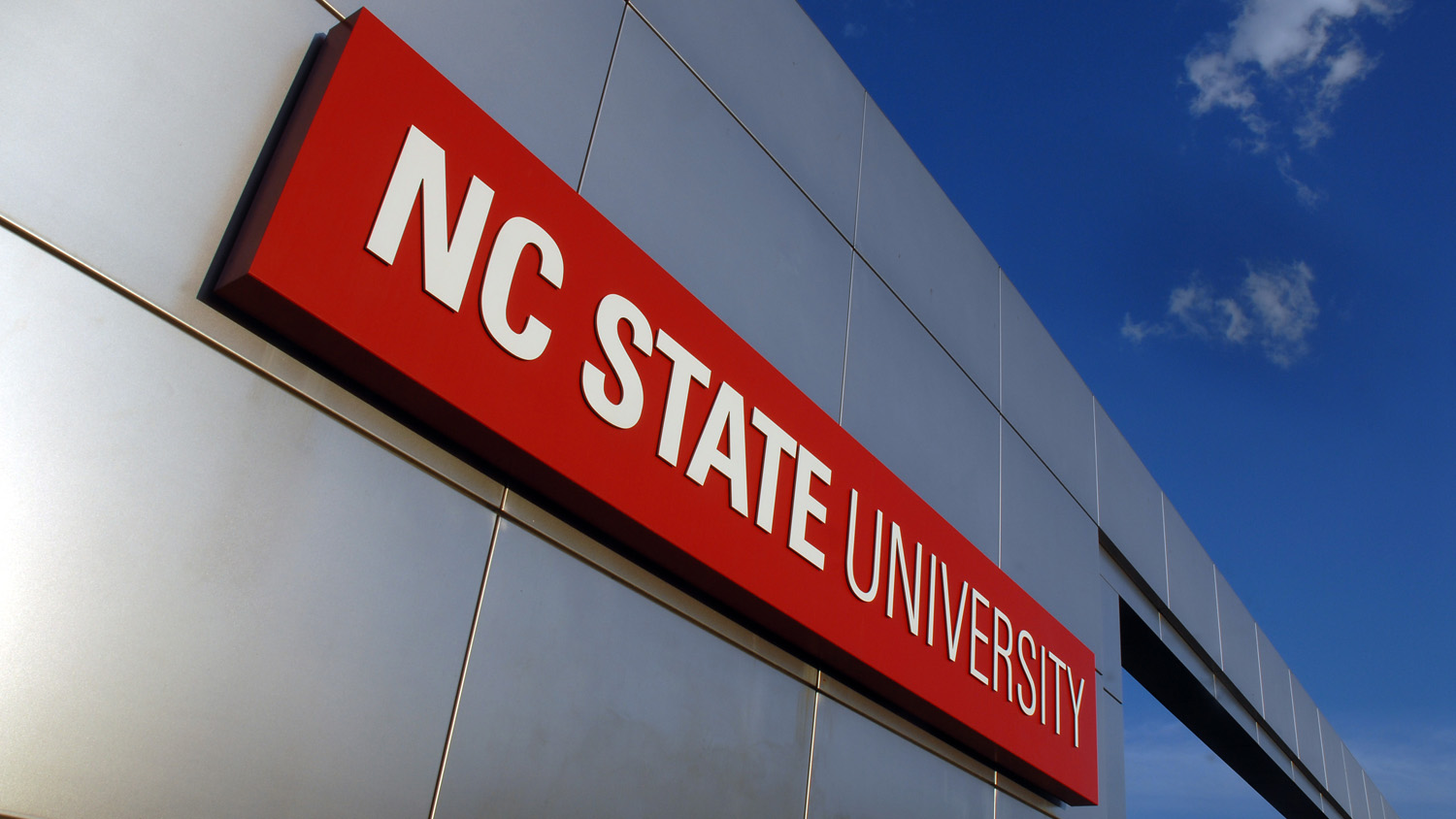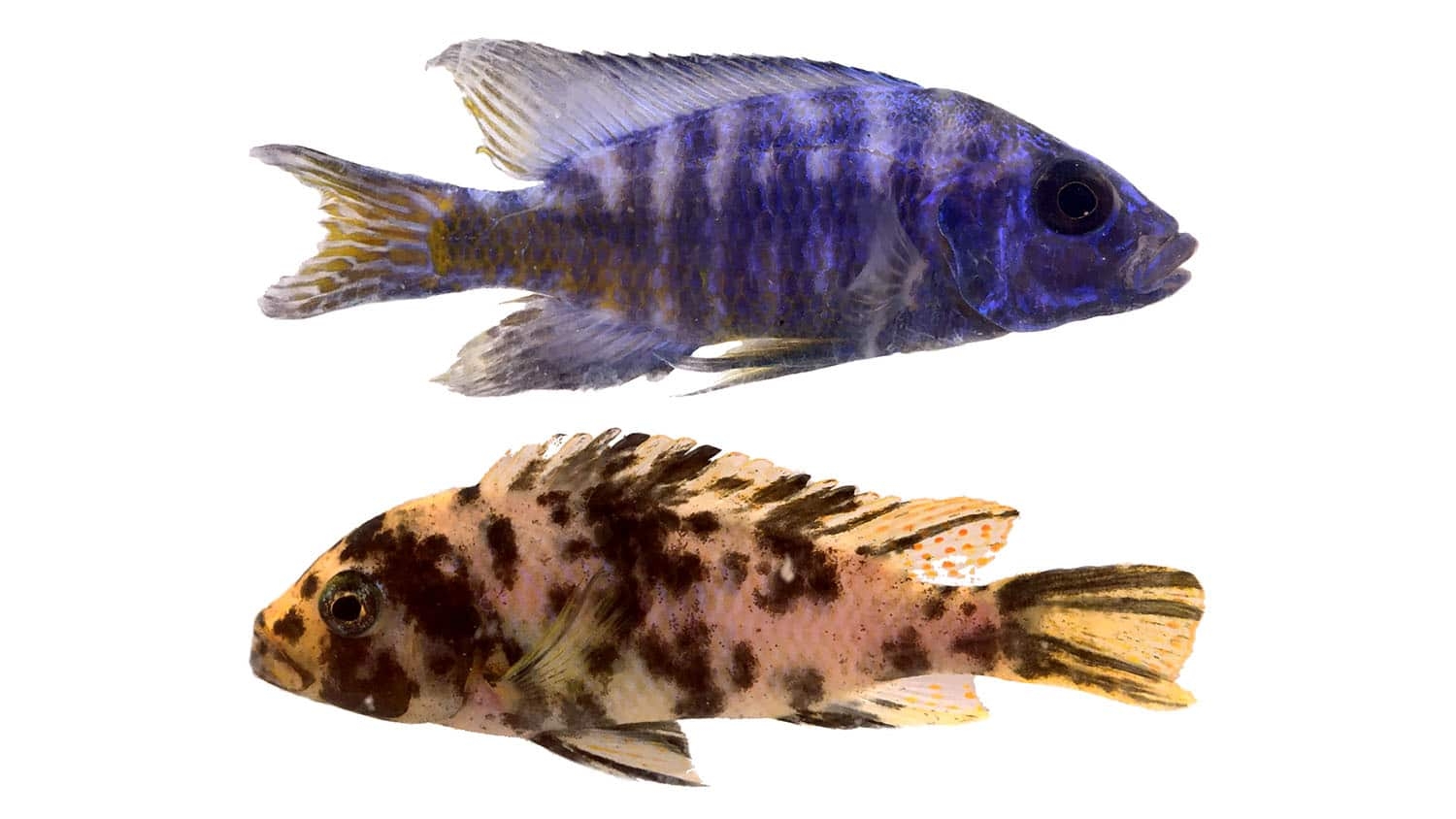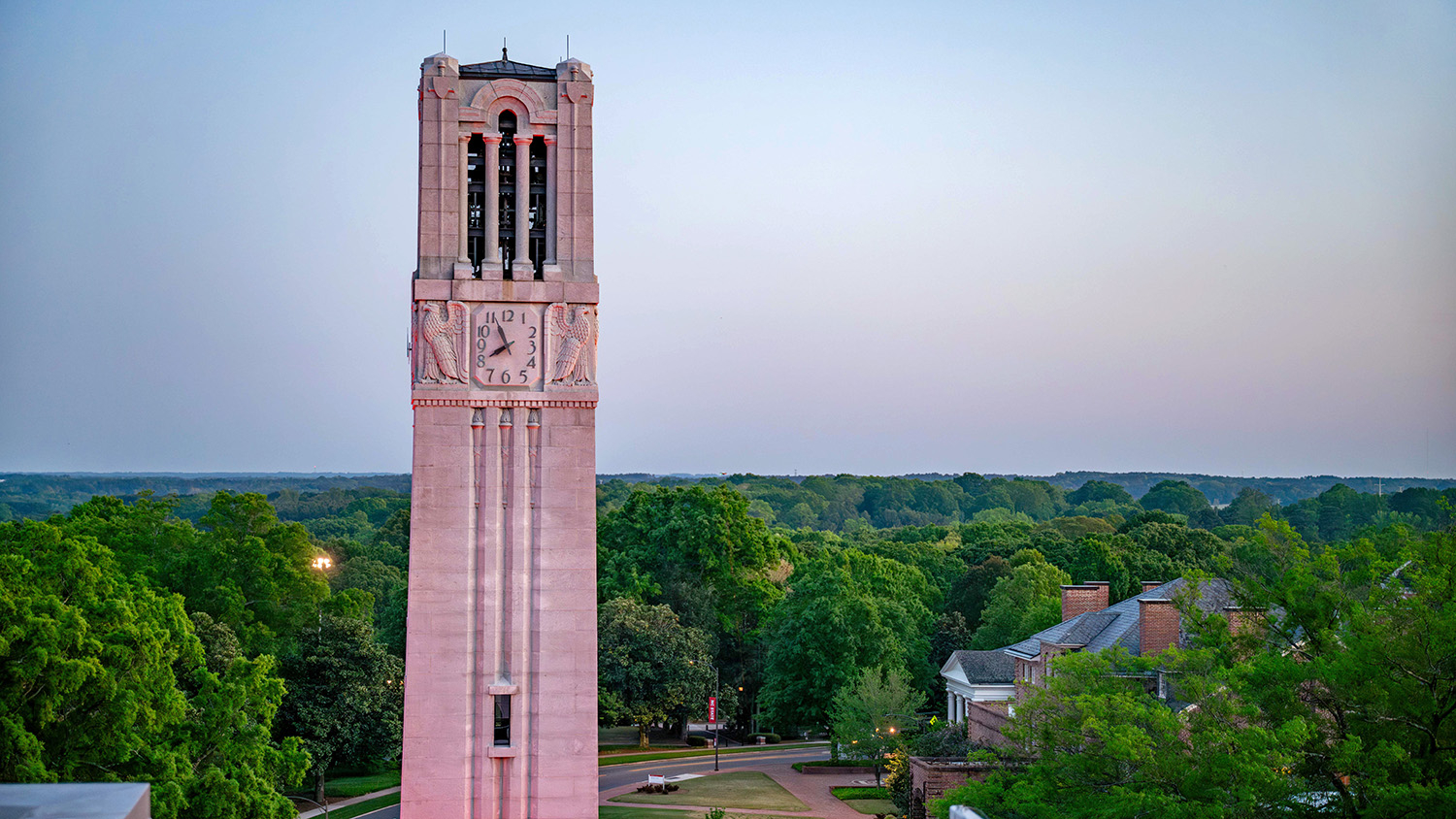Researchers Receive NSF Grant to Track Novel Coronavirus in Wastewater

For Immediate Release
A North Carolina State University-led team of researchers has received a grant from the National Science Foundation to monitor wastewater from four U.S. cities for indicators of SARS-CoV-2, the virus that causes COVID-19. The research could provide early warning of outbreaks and enable better resource allocation to affected areas.
The one-year, $200,000 grant will fund a team of investigators from NC State, Rice University, Howard University and the University of Southern California (USC). The researchers will collect raw wastewater and, where possible, primary solids from wastewater treatment plants across four U.S. cities: Raleigh, Washington, D.C., Houston and Los Angeles. Samples will be collected before, during and after peak infection. The researchers will quantify SARS-CoV-2 in each sample and evaluate the data to determine whether there is an association between clinical cases of COVID-19 and wastewater concentrations of SARS-CoV-2.
Tracking the COVID-19 pandemic is challenging for public-health professionals. A significant proportion of COVID-19 goes undetected by the health care surveillance system because many people experience mild symptoms or are asymptomatic and therefore not tested. While SARS-CoV-2 primarily causes respiratory tract infection, it can also infect the gastrointestinal tract and has been found in the feces of 30 to 60% of people infected by the virus. Since the virus ends up in community wastewater, wastewater surveillance may provide critical information about infection dynamics in communities.
“Wastewater surveillance has been used for many years to investigate illicit drug use, and to a lesser extent, outbreaks of enteric viruses,” says Francis de los Reyes, professor of civil, construction and environmental engineering at NC State and lead investigator on the project. “Our work focuses on monitoring wastewater for SARS-CoV-2 and examining associations between wastewater data and infection data in major metropolitan areas of the U.S. We’ll also evaluate wastewater plant-specific parameters that may impact wastewater concentrations.”
By collaborating across four cities with different wastewater collection systems, wastewater strength, and medical testing capacities, the researchers hope to determine the strengths and limitations of wastewater surveillance in tracking a pandemic.
“We want to establish a method that will be sensitive, specific and rapid for quantifying SARS-CoV-2 in wastewater,” de los Reyes says. “Our hope is that the data we collect will be useful to public-health officials tracking infection trends and getting resources to affected populations.”
Co-investigators include Nadine Kotlarz, postdoctoral researcher at NC State’s Center for Human Health and the Environment; Adam Smith, associate professor of environmental engineering at USC; Jeseth Delgado Vela, assistant professor of civil engineering at Howard University; and Lauren Stadler, assistant professor of civil and environmental engineering at Rice University.
-peake-
This post was originally published in NC State News.


